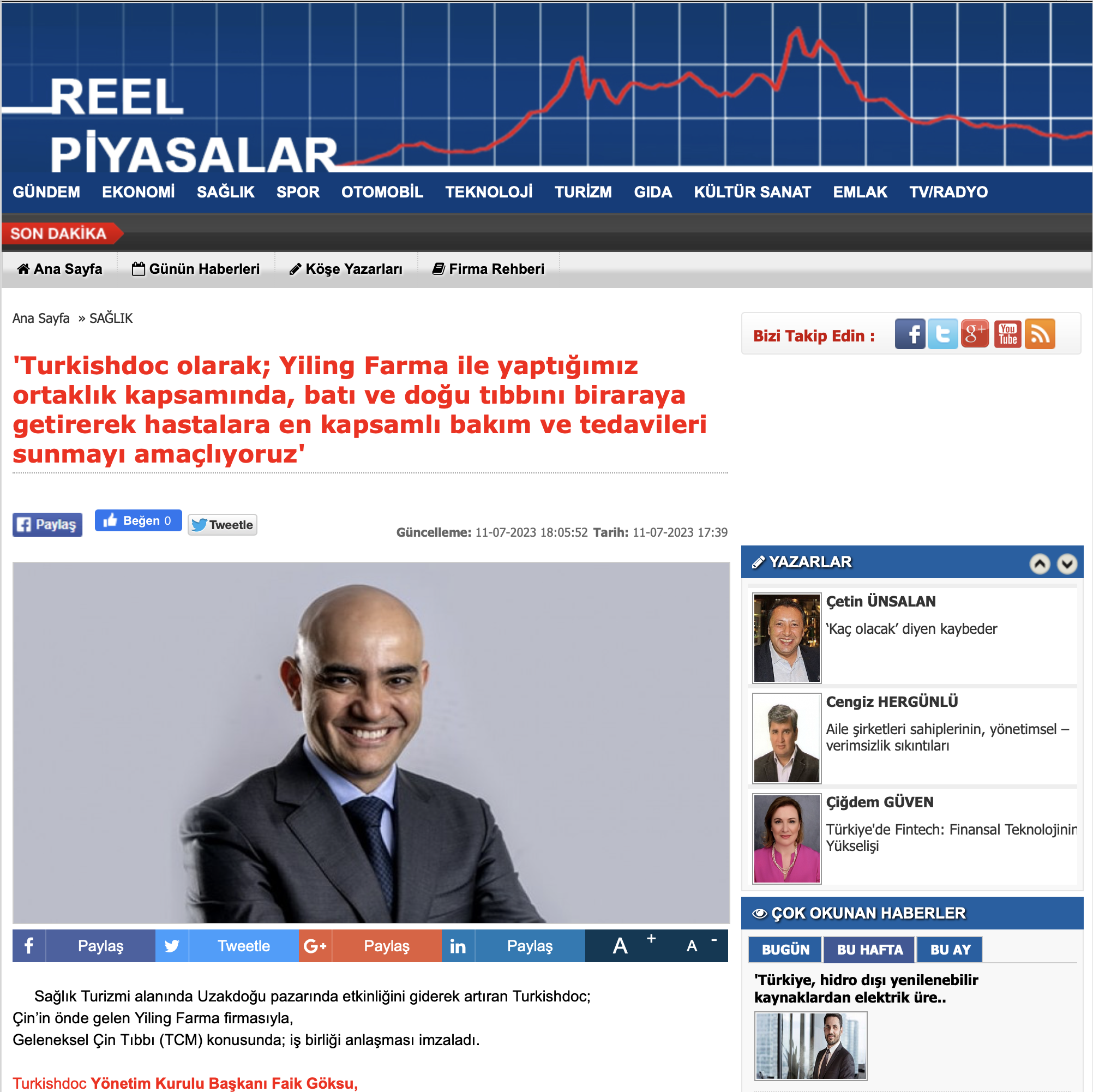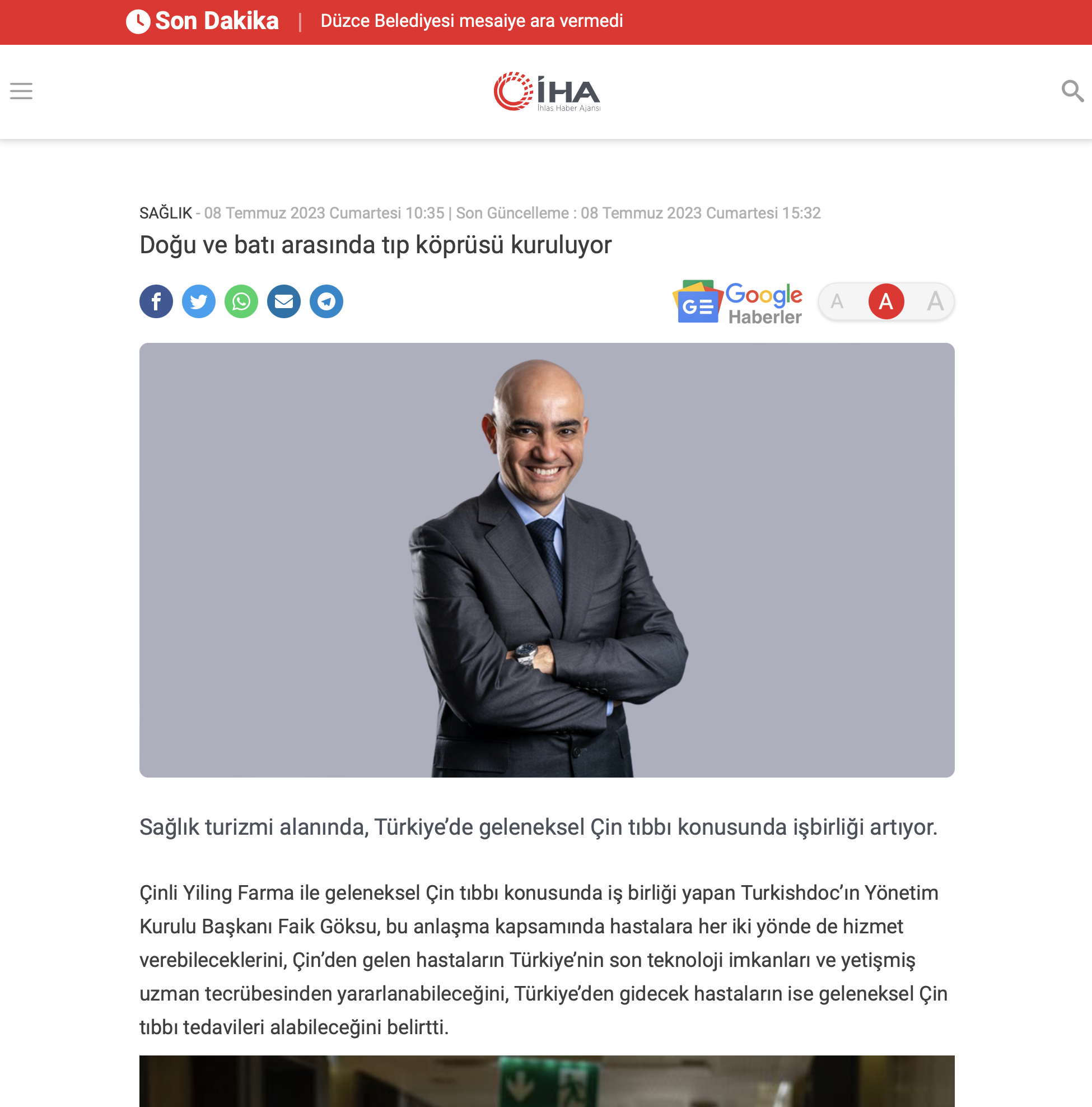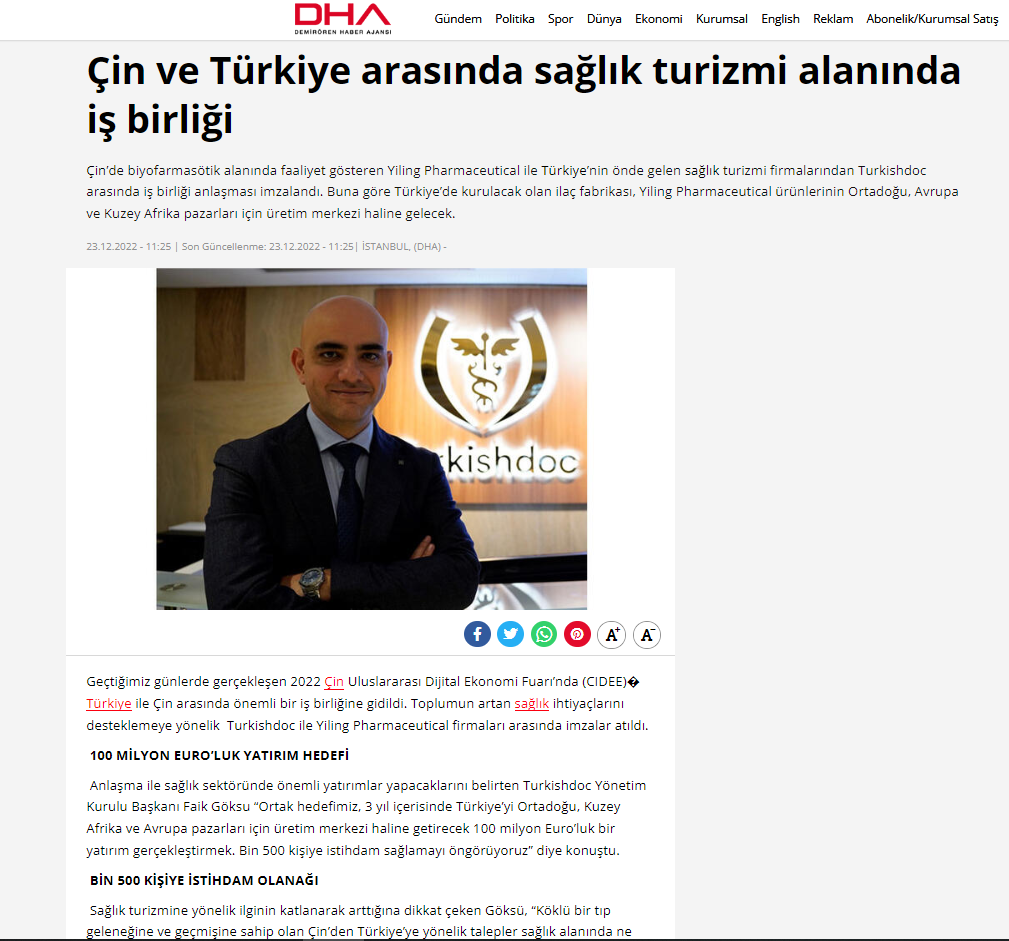Turkishdoc
Pulmonary Regurgitation Treatment Methods, and Risks
Pulmonary regurgitation is a situation in which the lungs are unable to take in sufficient oxygen and expel sufficient carbon dioxide into the blood. This can lead to a buildup of both gases in the body. To put it another way, the lungs are unable to carry out their typical role in the respiration process. This can be brought on by a variety of lung illnesses, heart diseases, and other conditions that affect the body as a whole. Pulmonary regurgitation can result in a range of significant consequences, from relatively minor symptoms to conditions that endanger the patient’s life.
Treatment of Pulmonary Regurgitation
Pulmonary regurgitation, also known as PR, is a condition of the heart in which there is a backflow of blood during the process of blood traveling from the right ventricle of the heart to the lungs. This occurs because the pulmonary valve does not close correctly during this portion of the process. Pulmonary regurgitation frequently develops as a consequence of another heart condition, and if it is not treated, it can result in significant complications for the patient’s health. The treatment for pulmonary regurgitation differs according to the underlying causes of the condition, the patient’s overall health, and the severity of the condition.
Pulmonary regurgitation can always be treated, and depending on the underlying cause, it is frequently feasible to completely cure the condition. On the other hand, treatment is typically not necessary unless the condition is severe, produces symptoms, or both. When it is severe but isn’t causing signs and symptoms, the objective is to prevent it from getting worse and producing permanent harm to the right side of the heart. This can be accomplished by preventing it from getting even worse. Below you will find treatment methods for pulmonary regurgitation:
- Medication Treatment
Medication is typically recommended by physicians for patients whose cases of pulmonary regurgitation are not severe. Regurgitation can be made less severe with the assistance of these medications, which work by slowing the heart rate and bringing the blood pressure under control. Beta-blockers, ACE inhibitors, and diuretics are examples of medications that may be recommended to individuals already taking other types of medication.
- Changes in Way of Life
Patients who suffer from pulmonary regurgitation should alter their lifestyles to improve their condition. Patients who improve their general health through behaviors such as quitting smoking and alcohol consumption, maintaining regular sleep patterns, and engaging in regular exercise are more likely to experience a slower progression of the disease.
- Ablation Using a Catheter
A procedure known as catheter ablation can be carried out as a relatively invasive treatment option for patients who have moderate pulmonary regurgitation. During this treatment, a thin catheter is inserted into the heart muscle to access the abnormal electrical pathways. Either radio frequency energy or cold energy is then utilized to destroy these pathways. This can help the heart function in a rhythm that is more regular and reduce the amount of regurgitation that occurs.
- Treatment via Operation
In more severe instances of pulmonary regurgitation, medical professionals may recommend surgical intervention. Both valve surgery and valve replacement are possible through surgical procedures. Valve replacement refers to the process of replacing a damaged valve with an artificial valve, whereas valve repair refers to the process of correcting the function of an existing pulmonary valve through a technique known as “valve repair.”
- Regular Monitoring
Individuals diagnosed with pulmonary regurgitation must have their conditions closely monitored consistently. Before and after surgical procedures, patients’ arterial health is evaluated by medical professionals. If something important takes place, they jump into action right away.
What Are The Risks And Adverse Effects of Treating Pulmonic Regurgitation?
Pulmonary regurgitation, also known as pulmonic valve regurgitation is a condition that produces backflow in the pulmonary valve, which is what enables the heart to pump blood from the right ventricle to the lungs. Pulmonary regurgitation can also be referred to as pulmonic regurgitation. The treatment for this condition typically differs widely, depending both on the symptoms that are present and the severity of the condition itself; in some cases, medication or surgery may be required. Pulmonic regurgitation treatment may be associated with the following risks and adverse effects:
Potential Risks and Adverse Consequences of Medications
- Reactions caused by allergies
- Dizziness
- Headache
- Nausea either diarrhea or constipation
- Fatigue
The Potential Risks and Adverse Consequences of Surgical Intervention Are as Follows
- Complications related to anesthesia
- Stroke
- Attack of the heart
- Problems with coagulation or bleeding of the blood
- Infection
- Failure of the heart
- Embolism of the pulmonary artery
- Problems with the mending of wounds
Potential Risks and Adverse Effects of Valve Repair or Replacement Include the Following
- Damage to artificial cover components caused by wear, breakage, or displacement
- Infections of the valves (endocarditis)
- Complications caused by blood-thinning medications (bleeding or blood clots)
Before beginning treatment, it is essential to have a conversation with your healthcare provider about the potential dangers and adverse effects. Based on your symptoms, current health condition, and lifestyle choices, your physician will decide upon the most effective course of treatment for you.
How Long After the Treatment Does the Person Feel Better And How Long Does It Take To Recover?
The recovery time after treatment of pulmonary regurgitation varies depending on the method of treatment, the general health of the patient, and the severity of the condition. Medication relieves symptoms and improves the quality of life. The recovery process varies from person to person and the effectiveness of the medication is monitored over time. Medications provide long-term results by slowing the progression of the disease. Surgical interventions, such as valve repair or replacement, usually require a longer recovery period.
The average hospital stay ranges from 3 to 7 days but can be longer depending on the patient’s condition and whether complications are present. Recovery at home takes between 4 and 8 weeks, but this can vary depending on the patient’s general condition and lifestyle. Full recovery usually takes between 6 and 12 weeks before patients can return to their physical activities and work. Doctors and physiotherapists can create personalized recovery and rehabilitation plans based on the patient’s needs and condition.











